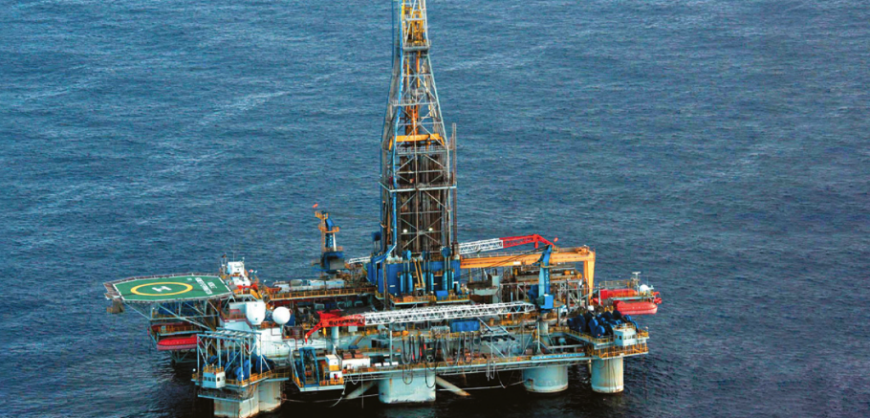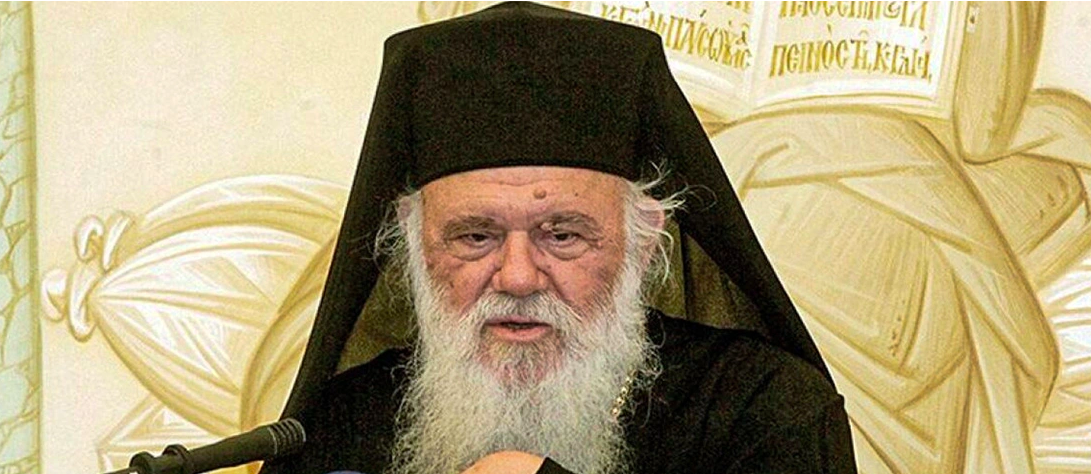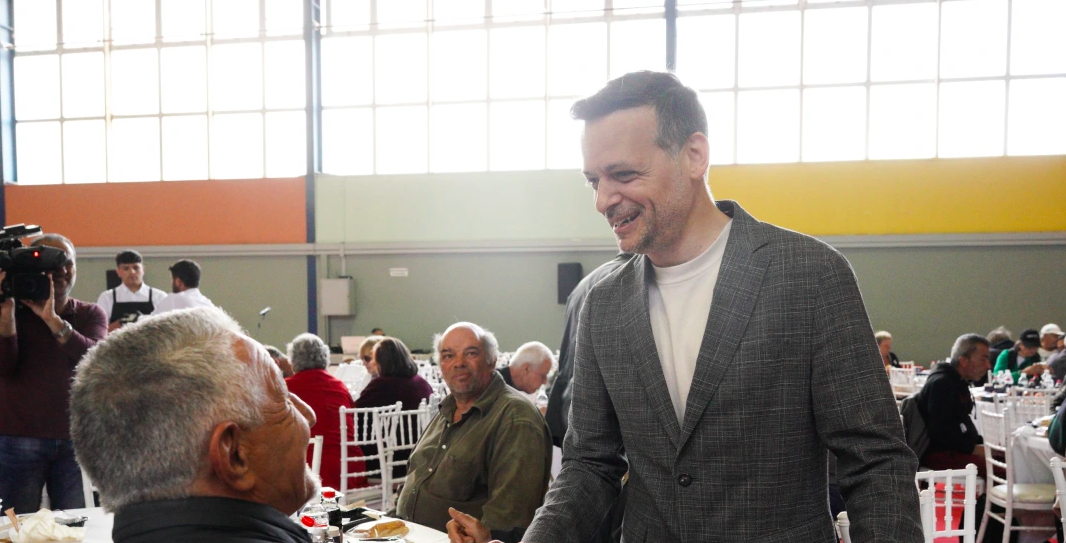All that remains now is for the drilling rig to be launched by ExxonMobil.
At the bottom of the Aegean Sea, near the deepest point in the Mediterranean Sea (the Oenousses Frere, at a depth of 5,269 metres), the ExxonMobil-HellenIQ Energy will try to bring to light natural gas from the two deposits found.
March is the month of “big news” for the ‘Hellenic Hydrocarbons’ case.
Within the month (no date has been set yet), a delegation of high-ranking Exxon executives will pass through the door of the Maximou.
There, according to “Thema.com”, they will inform the Prime Minister about the “encouraging data” on the deposits found in the plots west and southwest of Crete.
And what are the promising facts?
According to the same sources, 2D and 3D surveys have shown that there are at least two gas deposits there of such a size that the Americans of Exxon (who have a majority stake in the exploitation of the leased land) will inform the Prime Minister that a second American oil giant, Chevron, is about to enter the game and that it is only a matter of time before test drilling begins.
Given that the ball is in the government’s court, given that these deposits, which (based on the findings) are the largest in the Eastern Mediterranean and probably the last to be drilled (as the EU is running the energy transition with a decarbonisation of fossil fuels by 2050), the ball is in the government’s court.
As the issue concerns Europe’s energy autonomy, decisions are taken at the central level and, therefore, announcements are expected from the one who receives them, namely the Prime Minister, who is also expected to receive and respond to ExxonMobil’s request for exploratory drilling in March.
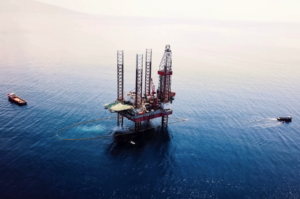
What the surveys have shown
In March, therefore, there will be tangible developments on the deposits.
The ship “Sanco Swift”, chartered by ExxonMobil, dropped cables exploring for hydrocarbon deposits in an area covering about 6,500 of the total 30,000 kilometers that is the block south-southwest of Crete, and the analysis revealed strong evidence of two gas deposits: a giant one of 30 trillion feet and a smaller one of 3.5 trillion feet.
In practice, therefore, we are talking about a field that is larger than the largest in the Mediterranean, the Zor field in Egypt, and the Israeli Leviathan and Tamar fields, which are 29 trillion cubic feet in size.
A short parenthesis to explain what this would mean in practice if confirmed: the estimates of the researcher of the Geological Survey of Canada and professor of the Technical University of Crete, Antonis Foskolos, say that if one of the deposits has a natural gas reserve of about 10 trillion cubic meters, it will be able to cover the domestic needs, but also the annual needs of the entire Europe, bringing to the Greek Government revenues of about 10 billion euros.
EUR 10 million per year for a century!
The process, given that the Prime Minister will announce the start of exploratory drilling, is now set for the first of these drilling operations to take place early in the New Year.
If all goes well, the exploitation of the deposit will start in 2027 and two years later, in 2029, full production will have started.
These are, of course, the ‘standard’ timetables for exploiting a deposit – if we assume that everything is as we are told – although the Americans have surprised us recently by speeding up procedures at a rather unprecedented rate.
Sources with knowledge of the matter say that the American oil company may wish, in the case of Crete, to break all records in terms of the timetables required.
All this, of course, assuming that oil and gas prices do not collapse, making drilling unprofitable, which seems rather difficult.
Sources say that the ExxonMobil chiefs who will meet with the Prime Minister in the near future will formally inform him of the interest of the world’s second largest oil company, the American Chevron, to be involved in this and other projects in the country.
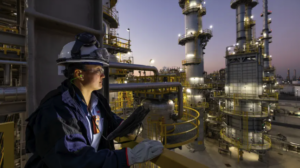
The Deputy Minister of State for Energy Alexandra Sdoukou has already been informed about the discussions with Chevron, as well as the CEO of EDEYEP Aris Stefatos, during her meeting in Cairo with ExxonMobil’s Vice President Global Extraction John Ardill on the sidelines of the annual EGYPES energy conference.
Mr Ardill is reportedly the one who confirmed to Ms Sdoukou the company’s intention to proceed with exploratory drilling in Crete.
In the first days of February, Ms Sdoukou was in Washington DC.
There, during the 5th Greece-US Strategic Dialogue, she met, among others, at the offices of ExxonMobil, with the Vice President of ExxonMobil’s International Government Relations Division, Mr. Rochdi Younsi.
The Greek government is thus reportedly aware of Chevron’s intention (expressed for over a year) to participate in the project of the land west and southwest of Crete.
With ExxonMobil currently owning around 70% and HellenIQ Energy the remaining 30%, the most likely scenario would see Chevron entering with a 40% stake, buying from both sides and bringing the US oil company’s share to 40% and the Greek to 20%.
This deal, if it closes, creates positive potential for other ventures, too.
New York: Frame-by-frame the moment robbers empty Gucci store with $50,000 worth of products
A typical example is that of the Ionian plots, for which Hellenic Energy Andreas Shiamishis has earlier pointed out that a partner is being sought, as the venture needs not only huge amounts of investment but also expertise that only exists on the other side of the Atlantic.
There is talk in the market that there is a strong possibility that Chevron could also participate in Ionian.
The American giant now seems more ready than ever to participate, as it knows that it is the ‘last roll of the dice’.
That is, that it will not have another opportunity to mine in Greece, since the Prime Minister has made it clear that there will be no new round of land concessions, as the time for the transition to zero emissions is now squeezed.

